
Anesthesia
We will talk about the side effects of the anesthesia which is used during the surgery procedure. It can cause the mentioned side effects in some cases, but usually it does not. Sensations will have to be blocked during the surgery and this is the reason why anesthesia is used. This will prevent the patient from feeling any pain during the procedure and it will also reflect on the surgeon who can do this job more efficiently and without any disturbances. After several hours, anesthesia will wear off and its effects will be reduced gradually until they disappear completely. Unfortunately, some patients experience side effects due to the administration of anesthesia and we will see which side effects can be expected.
There are two types of anesthesia and they are local and general. If you take general anesthesia, your entire body will be unconscious during the surgery, and this type is used with the more serious surgeries. Another type is local anesthesia and it does not make the patient unconscious, although the sensations of the specific area of the body will be blocked, while others will not. Mostly weaker people suffer from side effects associated with the anesthesia and this includes older people and children. They tend to appear after few hours following the surgery and last for approximately 14 days.
Side Effects
Some of the side effects may appear on the same night of the surgery. Possible side effects include shivering, cold and chills. Wrapping of the shivering body is one way of treating this side effect, which is mostly seen among children. Taking control over the side effects is very difficult and hard to manage. Other possible side effects are blood or urine in the stool, vomiting, jaundice and even weight loss. Weakness of the body is another possible side effect. Dry throat and strep throat are possible side effects that mostly occur several hours after the administration of the anesthesia. These side effects occur due to the use of tube that aids patients with breathing. Joint and muscle pain are also possible, along with the headache and nausea. Elderly people tend to experience dizziness after the surgery. Backache and itching are some of the possible side effects as well.
In order to prevent side effects from appearing, the surgeon will check the medical history of the patient to see if there have been any previous problems, which will also help in choosing the right drug for the procedure. Side effects of this kind are seen among those who have problems with allergies and this is something patients should mention to the surgeon before the procedure.
- www.nhs.uk/conditions/epidural/side-effects/
- www.nhs.uk/conditions/anaesthesia/
- Photo courtesy of U.S. Navy pr's Mate 2nd Class Jeffrey Russell by Wikimedia Commons: commons.wikimedia.org/wiki/File:Anesthesiologist.jpg


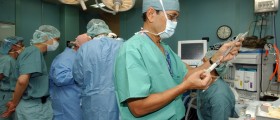





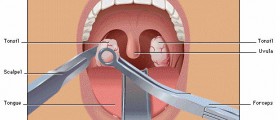




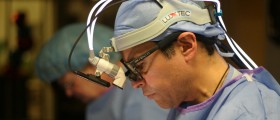

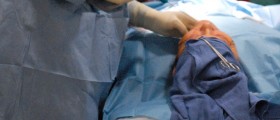
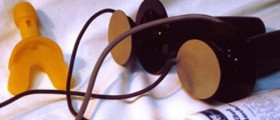
Your thoughts on this
Loading...